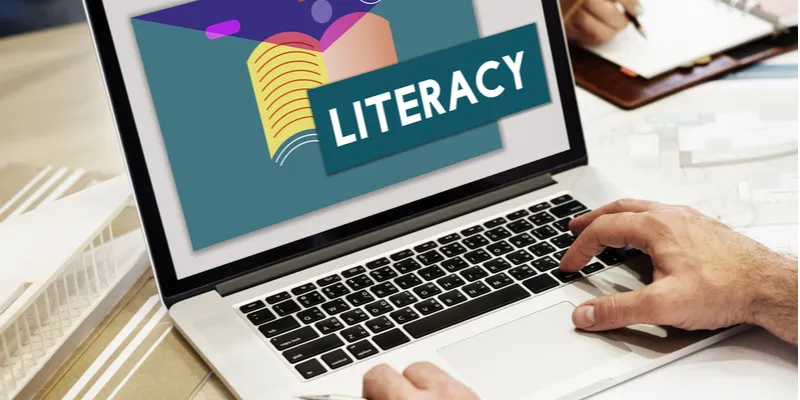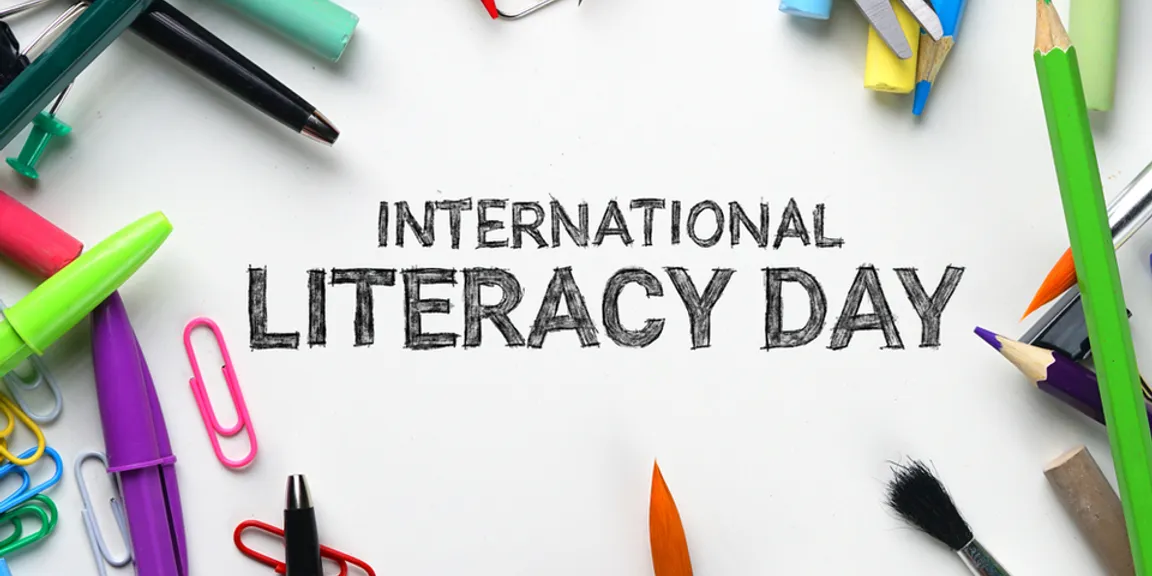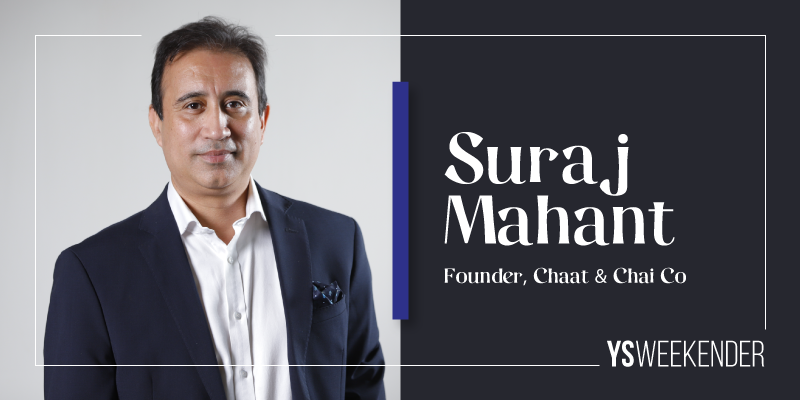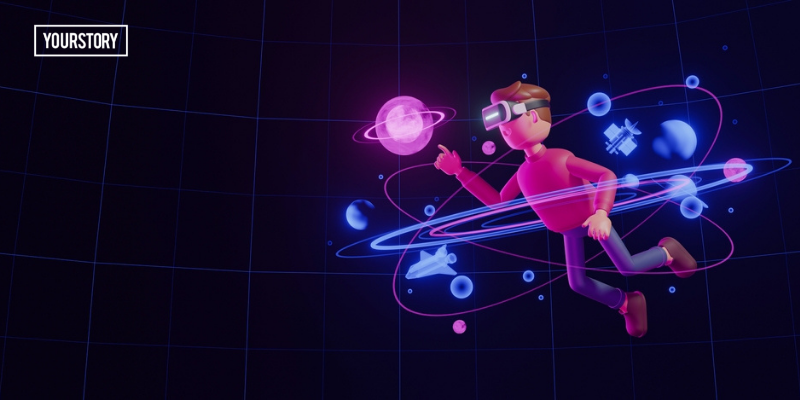Upgrade your skills: On International Literacy day, check out how learning will evolve in a post-pandemic world
On International Literacy Day, it is important to remember that learning is a lifelong process. Here's what Vanshika Goenka, founder of Kool Kanya, an online career platform has to say about the different kinds of skills that we need to acquire in the post-pandemic world up ahead
The meaning of the word literacy has truly evolved, now more than ever before. In layman’s terms, literacy means ‘the ability to read and write’. And according to the first definition in Webster’s Dictionary for both reading and writing, reading is receiving the sense of letters, by sight or touch, and writing is forming characters on a surface with an instrument.

The textbook definition of literacy has changed over the years
But in the world, we live in today, is the textbook definition of 'literate' enough? Not really. What then, does literacy mean then in this hyper-localised, digital era?
In the broader sense, the scope of what it means to be literate has increased indefinitely in the modern world. As a result, the inclusive definition of literacy is the ability to interpret and evaluate the world around us.
This becomes more crucial in the pandemic-ridden world we live in today. The gamut of being literate has expanded to include several variations listed below, which are imperative for any person to establish himself or herself and occupy a rightful space as an important, contributing member of the society.
Digital Literacy

Digital literacy is mandatory in the modern world
These days, being digitally illiterate is almost as worse as traditional illiteracy. Devices like smartphones, laptops and tablets have transcended into every aspect of the lives of people from work to school to personal relationships. A part of a well-rounded career includes being able to use these devices to achieve your professional goals.
With remote working and work from home taking precedence, men and women who have less exposure to a more ‘corporate’ setting can no longer make an excuse about not being digitally as aware as any other employee working in a corporate company. Being digitally literate is as crucial a skill as any degree you may have.
Financial Literacy

Understand your finances to increase your wealth
Being in a strong position of understanding your finances makes it easier to make prudent choices when it comes to money. Especially more relevant for women in the currently uncertain job market, financial literacy can lead you to work towards financial stability and protect yourself from market disruptions like recessions, which have statistically impacted more women as opposed to men.
Being financially literate not only leads to a stable career graph but also propels you to save and invest your money wisely, cushioning your future years.
Information Literacy
With the right tools and training, it’s easier than ever for jobseekers and the workforce at large to make informed decisions.
Information literacy is a set of abilities requiring individuals to 'recognise when information is needed and have the ability to locate, evaluate, and use effectively the needed information. In a world full of as much misinformation as information, the ability to discriminate and differentiate between useful information, background chatter and fake news is essential.
Legal Literacy
Legal literacy means understanding your rights and responsibilities as a citizen and being aware of opportunities and pathways for involvement. A turbulent economy created due to a global pandemic can create high-pressure situations, and it is important to know what your legal rights are. Legal literacy can also empower and encourage people across categories to participate and initiate change.
In conclusion, literacy is no longer the dated concept it used to be. For men and women in the current times, these literacies are just as important as knowing how to read and write. The evolution of skills and thought processes is critical and the sooner one is able to achieve true literacy in these spheres, the higher up they can go on their professional ladders.
These skills are crucial to developing your identity and upgrading your knowledge can help broaden your personal horizons as well.
(Images credit: Shutterstock)
Edited by Asha Chowdary
(Disclaimer: The views and opinions expressed in this article are those of the author and do not necessarily reflect the views of YourStory.)








